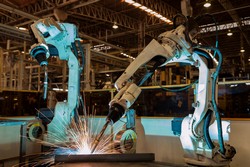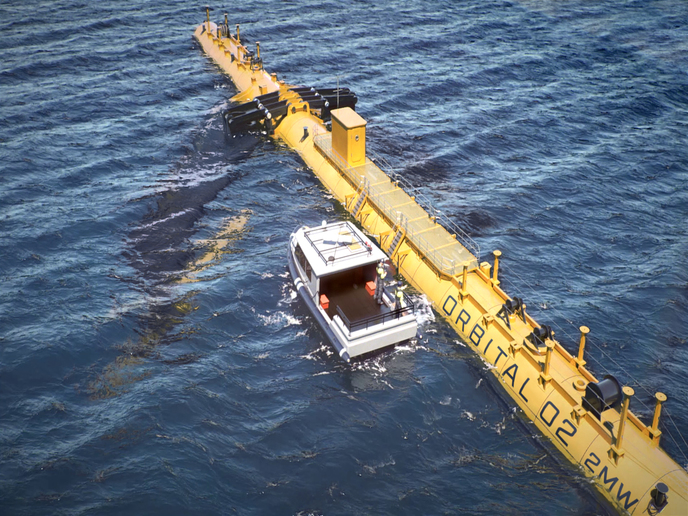Integrated technologies and engineering platforms for tomorrow’s robotic factories
Industrial robotics is the strategic technology that can help to realise Industry 4.0 and keep European manufacturing at the leading edge. However, it is energy intensive, and its widespread adoption would jeopardise factories’ sustainability with respect to environmental and financial impact. With this in mind, the EU-funded AREUS (Automation and robotics for European sustainable manufacturing) project created new methods, tools and algorithms to achieve sustainable robot manufacturing. Project partners developed an innovative direct current-based industrial smart grid that can exchange and recover energy at factory level while seamlessly integrating renewable energy sources. It achieved energy savings of up to 20 %. They also developed several smart grid products, including industrial robots. Researchers created robot simulation and control tools to accurately calculate and optimise the entire energy consumption of robotic cells and plants. They developed energy-efficient robot trajectories and optimisation tools. These tools were shown to considerably reduce the energy consumption of robotic processes while ensuring the same productivity and final quality. The optimisation tools can be used during the design of new robotic cells and processes, and for their management during the entire life cycle. Total energy consumption reductions of up to 40 % were achieved. Lastly, the AREUS team designed life-cycle assessment tools for robotic and highly automated manufacturing plants that assess environmental and financial aspects. The viability and technical and economic benefits of all innovations were successfully demonstrated at seven industrial settings. The agile and sustainable robotic manufacturing technologies introduced by AREUS have the potential to disrupt Europe’s factories of the future without compromising productivity and profitability. High-performance, reconfigurable, adaptive and evolving factories that are also able to reduce their carbon footprint are on the horizon.







